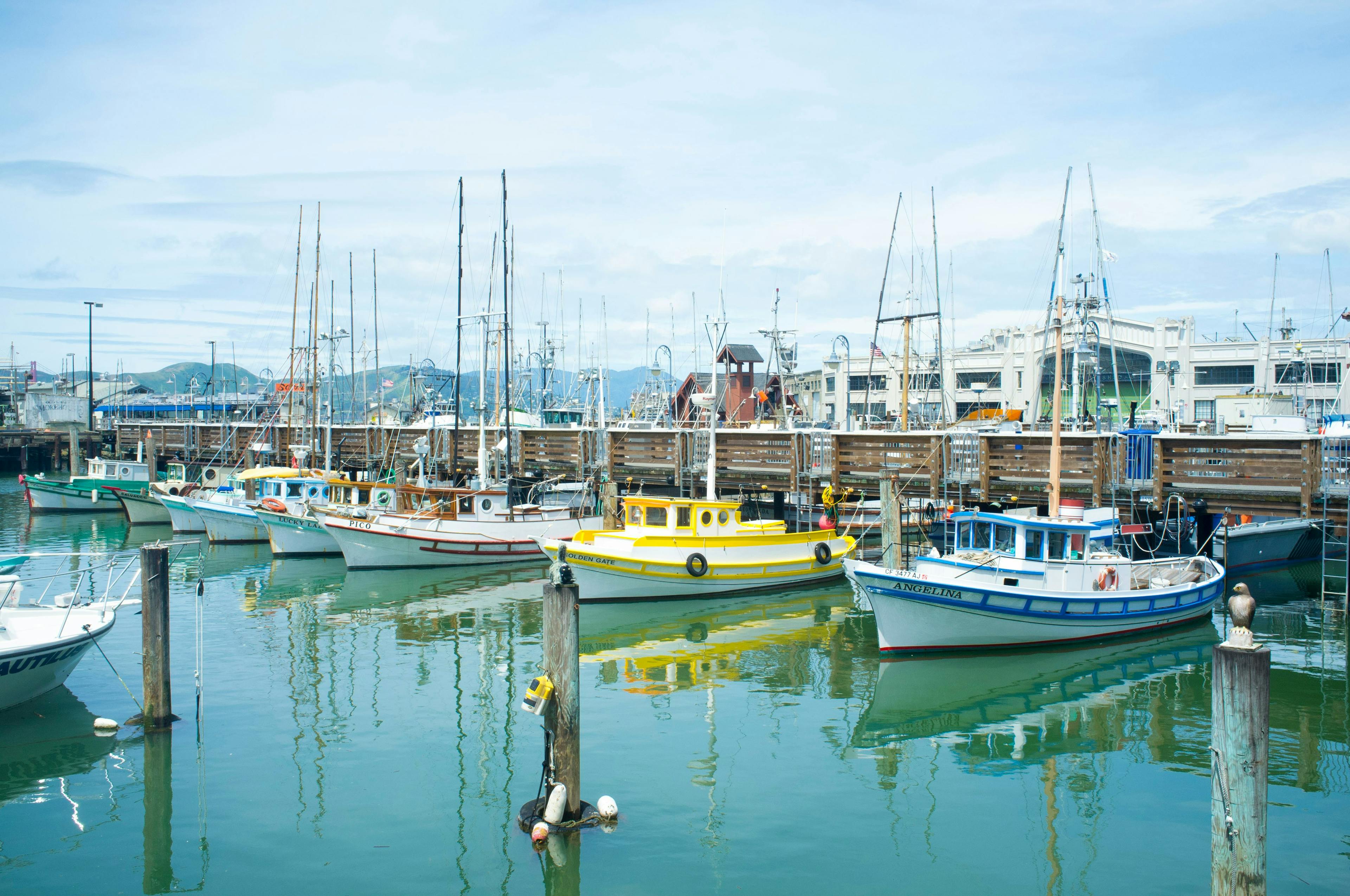
Boating is a beloved pastime for many, offering endless hours of enjoyment on the water. Whether you’re considering purchasing your first boat or upgrading to a larger model, understanding the range of costs associated with different types of boats is key to making an informed decision. This article will guide you through the various expenses involved in owning and operating a boat.
Types of Boats and Their Prices
The cost of a boat varies widely based on its type, size, and features. Here’s a breakdown of common categories and what you might expect to pay:
Small Boats
Small boats, such as kayaks, canoes, and small fishing boats, are the most affordable options. Prices for these boats start as low as a few hundred dollars for basic models and can reach up to $5,000 for more advanced, feature-rich versions.
Powerboats
Powerboats are a popular choice for recreational activities like fishing, waterskiing, and cruising. Entry-level powerboats can cost anywhere from $10,000 to $50,000. High-performance models or luxury yachts, however, can command prices well over $100,000, depending on the amenities and customization.
Sailboats
Sailboats provide a unique blend of adventure and tranquility. Smaller sailboats start around $5,000, while larger, cabin-equipped models for long-distance cruising can cost $100,000 and upwards.
Pontoons
Ideal for leisurely days on the lake, pontoons are known for their stability and comfort. New pontoon boats can range from $15,000 to $60,000, influenced by size and luxury elements. For a deeper dive into pontoon boat pricing, consider reading our Understanding Pontoon Boat Costs: A Comprehensive Guide.
Operating Costs
Owning a boat involves more than just the purchase price. Prospective buyers should consider ongoing expenses such as:
- Maintenance and Repairs: Regular upkeep is necessary to keep a boat in good condition. This includes engine maintenance, hull cleaning, and occasional repairs. Annually, maintenance can cost anywhere from a few hundred to several thousand dollars.
- Fuel: Fuel expenses can add up, especially for powerboats. Fuel costs will depend on how often you use your boat and the boat’s fuel efficiency.
- Storage: If you don’t have space at home, you might need to pay for storage at a marina or a storage facility. Fees vary widely by location and the size of the storage space.
- Insurance: Insurance is critical for protecting your investment. Annual premiums can range from a few hundred dollars for basic coverage to over a thousand for comprehensive protection.
- Registration and Licenses: Depending on where you live, you may need to register your boat and pay for a boating license. These costs are generally minimal but necessary for legal boat operation.
Conclusion
Investing in a boat is a significant financial decision with many factors to consider. By understanding the initial costs along with the ongoing expenses, you can better prepare for the total investment required. Whether it’s casual afternoons on a lake or exciting offshore adventures, the right boat can provide endless fun and relaxation for you and your family. Choose wisely and consider all aspects to find the boat that best fits your lifestyle and budget.
 Robert
Robert